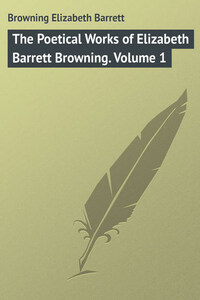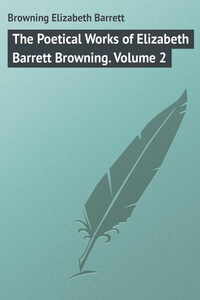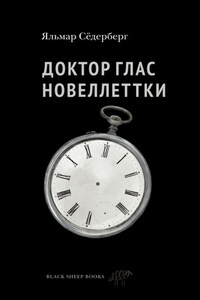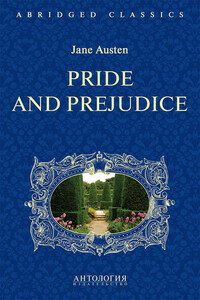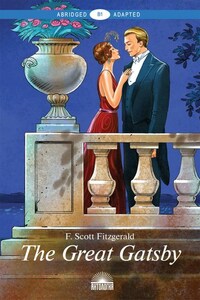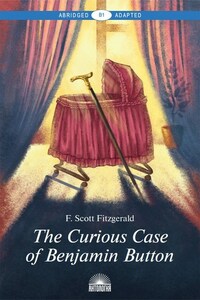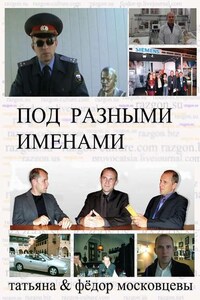In a recent "Memoir of Elizabeth Barrett Browning," by John H. Ingram, it is observed that "such essays on her personal history as have appeared, either in England or elsewhere, are replete with mistakes or misstatements." For these he proposes to substitute "a correct if short memoir: " but, kindly and appreciative as may be Mr. Ingram's performance, there occur not a few passages in it equally "mistaken and misstated."
1. "Elizabeth, the eldest daughter of Edward Moulton Barrett, was born in London on the 4th of March, 1809." Elizabeth was born, March 6, 1806, at Coxhoe Hall, county of Durham, the residence of her father.1 "Before she was eleven she composed an epic on 'Marathon.'" She was then fourteen.
2. "It is said that Mr. Barrett was a man of intellect and culture, and therefore able to direct his daughter's education, but be that so or not, he obtained for her the tutorial assistance of the well-known Greek scholar Hugh Stuart Boyd … who was also a writer of fluent verse: and his influence and instruction doubtless confirmed Miss Barrett in her poetical aspirations." Mr. Boyd, early deprived of sight from over-study, resided at Malvern, and cared for little else than Greek literature, especially that of the "Fathers." He was about or over fifty, stooped a good deal, and was nearly bald. His daily habit was to sit for hours before a table, treating it as a piano with his fingers, and reciting Greek – his memory for which was such that, on a folio column of his favourite St. Gregory being read to him, he would repeat it without missing a syllable. Elizabeth, then residing in Herefordshire, visited him frequently, partly from her own love of Greek, and partly from a desire for the congenial society of one to whom her attendance might be helpful. There was nothing in the least "tutorial" in this relation – merely the natural feeling of a girl for a blind and disabled scholar in whose pursuits she took interest. Her knowledge of Greek was originally due to a preference for sharing with her brother Edward in the instruction of his Scottish tutor Mr. M'Swiney rather than in that of her own governess Mrs. Orme: and at such lessons she constantly assisted until her brother's departure for the Charter House – where he had Thackeray for a schoolfellow. In point of fact, she was self-taught in almost every respect. Mr. Boyd was no writer of "fluent verse," though he published an unimportant volume, and the literary sympathies of the friends were exclusively bestowed on Greek.
3. "Edward, the eldest of the family," was Elizabeth's younger by nearly two years. He and his companions perished, not "just off Teignmouth," but in Babbicombe Bay. The bodies drifted up channel, and were recovered three days after.
4. "Her father's fortune was considerably augmented by his accession to the property of his only brother Richard, for many years Speaker of the House of Assembly at Jamaica." Mr. Edward Moulton, by the will of his grandfather, was directed to affix the name of Barrett to that of Moulton, upon succeeding to the estates in Jamaica. Richard was his cousin, and by his death Mr. Barrett did not acquire a shilling. His only brother was Samuel, sometime M.P. for Richmond. He had also a sister who died young, the full-length portrait of whom by Sir Thomas Lawrence (the first exhibited by that painter) is in the possession of Octavius Moulton-Barrett at Westover, near Calbourne, in the Isle of Wight. With respect to the "semi-tropical taste" of Mr. Barrett, so characterised in the "Memoir," it may be mentioned that, on the early death of his father, he was brought from Jamaica to England when a very young child, as a ward of the late Chief Baron Lord Abinger, then Mr. Scarlett, whom he frequently accompanied in his post-chaise when on Circuit. He was sent to Harrow, but received there so savage a punishment for a supposed offence ("burning the toast") by the youth whose "fag" he had become, that he was withdrawn from the school by his mother, and the delinquent was expelled. At the age of sixteen he was sent by Mr. Scarlett to Cambridge, and thence, for an early marriage, went to Northumberland. After purchasing the estate in Herefordshire, he gave himself up assiduously to the usual duties and occupations of a country gentleman, – farmed largely, was an active magistrate, became for a year High Sheriff, and in all county contests busied himself as a Liberal. He had a fine taste for landscape-gardening, planted considerably, loved trees – almost as much as his friend, the early correspondent of his daughter, Sir Uvedale Price – and for their sake discontinued keeping deer in the park.
Many other particulars concerning other people, in other "Biographical Memoirs which have appeared in England or elsewhere" for some years past, are similarly "mistaken and misstated: " but they seem better left without notice by anybody.
29 De Vere Gardens, W.
December 10, 1887.
